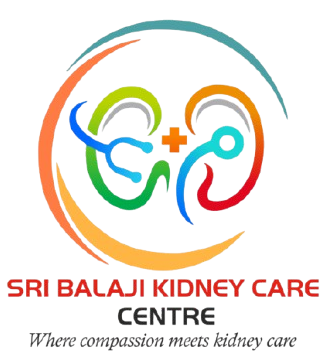Acute Kidney Injury (AKI) is a sudden loss of kidney function. Because the kidneys help remove waste and balance fluids, AKI can be serious. Early recognition of Acute Kidney Injury symptoms is important. This guide will help you understand the signs to watch for and when to seek help.
What is Acute Kidney Injury?
Acute Kidney Injury, sometimes called AKI, happens when the kidneys stop working well over a short period. Usually, this change occurs within hours or days. The kidneys cannot filter waste or balance fluids as they should. As a result, waste builds up in the body. AKI can happen to anyone, but it is more common in people who are sick or in the hospital. According to the CDC, AKI is a serious condition that needs quick attention.
Common Symptoms of Acute Kidney Injury
Recognizing Acute Kidney Injury symptoms early can help prevent serious problems. However, symptoms may be mild at first. Below are common signs to look for:
Sometimes, symptoms of Acute Kidney Injury are hard to notice. But even mild signs should not be ignored.
When to Seek Medical Help
If you notice any symptoms of Acute Kidney Injury, act quickly. Early treatment can prevent lasting damage. You should seek medical help right away if you:
For people with other health problems, such as diabetes or high blood pressure, it is even more important to watch for these signs. In any case, do not wait. Contact a healthcare provider or visit your nearest clinic or hospital.
How to Monitor Your Kidney Health
Keeping your kidneys healthy is important for everyone. Here are some simple tips to help you monitor your kidney health:
Additionally, always follow your doctor’s advice about medicines and diet. If you are in a high-risk group, ask your doctor about kidney tests.
Frequently Asked Questions
Can Acute Kidney Injury symptoms appear suddenly?
Yes, symptoms of Acute Kidney Injury can develop quickly, sometimes within hours. However, some people may notice only mild changes at first. That is why it is important to pay attention to your body.
Are the symptoms of Acute Kidney Injury always obvious?
No, sometimes symptoms are hard to spot. For example, you may feel only a little more tired than usual. But even small changes can be important. If you have risk factors, be extra careful.
Can children get Acute Kidney Injury?
Yes, children can also develop Acute Kidney Injury. The symptoms are similar, such as less urine, swelling, or tiredness. If you notice these signs in a child, seek medical help right away.
Conclusion
Acute Kidney Injury is a serious condition, but early action can make a big difference. If you notice any symptoms of Acute Kidney Injury, consult a healthcare professional promptly for personalized advice.

